Of course mine aren't the only books out there dealing with mythology, and there are at least three different ways to approach it.
- use actual, literal gods, goddesses, and other bits of myth in your story (ex/ Percy Jackson and the Olympians series by Rick Riordan)
- write a historical novel from the point of view of a mythological character (ex/ Nobody's Princess and Nobody's Prize by Esther Friesner)
- create a contemporary fantasy world in which characters are related to/descended from mythological characters (ex/ my books)
Though there are advantages and disadvantages to each, I think the reason I prefer the third method is that it gives me the most creative freedom. The closer you are to the actual myth, the more you have to stay true to it. In my worlds, the myths of ancient Greece date back more than two thousand years. The written myths end... but the mythological word continues. Between then and now I can create whatever history I want.
In the Oh. My. Gods. books, I didn't stray too far. I gave descendants to the virgin goddesses, gave illegitimate children to the goddess of marriage, and made Plato's real life Academy a school for descendants of the gods. The mermaids in the Forgive My Fins books are descended from an ancient ancestor who was granted mer powers by Capheira, one of Poseidon's sea nymphs. But in Medusa girls trilogy, I take my mythology tweaking to the next level. I basically rewrote the truth about Medusa.
The trick to playing around with mythology, with the canon of myths that we as a culture have known and learned for millennia, is to go one step beyond, to blur the line between what was written and what wasn't. I can't say that Hera had half-human children in ancient times, but who knows what's happened in the centuries since then? There is no mythological proof that mermaids owe their powers to Capheira, but there is no proof that they don't either. And with Medusa, while I couldn't just erase her legacy as a hideous, murderous monster, I could create a believable backstory that explains why we only think that is true.
That's the wonderful thing about mythology: it never tells the complete story. We get pieces of each myth, sometimes even contradicting versions of the same story. Go to Theoi Greek Mythology (my favorite reference) and look up a few characters in the glossary. Chances are there are at least two or three or even half a dozen different parents listed for them. Many have short, open-to-interpretation biographies while others have vast, opposing ones. In some myths Medusa was always a hideous monster, in others she was a beautiful maiden turned monster. Pick and choose the pieces you want to use and create the story to fill in the blanks.
At least that's how I weave mythology into my fiction. I'm always open to suggestions.
Hugs,
TLC
teralynnchilds.com
@teralynnchilds

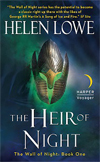
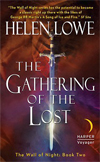
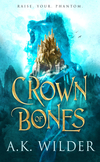
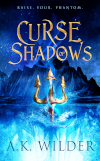
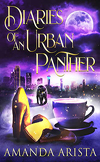
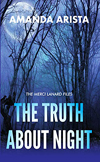

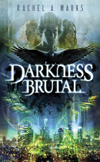
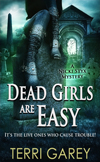
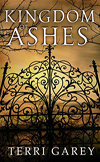
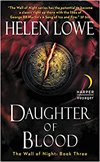
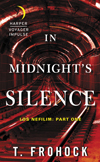
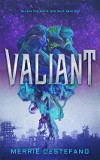
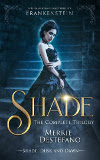

5 comments:
I enjoyed this Tera! Can't wait to show Mini Me when she gets home. She is so enamored of all things Greek and mythology based that it takes me back to when I first discovered it.
Great post, Tera. And sometimes you can weave in more than one myth or legend as I did with "Thornspell", incorporating links to both Parsifal and Sigurd into a Sleeping Beauty retelling. I love the additional 'texture' it gives to a story.
I do the same thing, Tera. I'm blending a lot of Biblical and classical storytelling elements into the Devil's Bargain series, and I absolutely LOVE doing the research! I've found some really great sites about gods, goddesses and monsters, and I've always loved reading stories from Greek mythology, including tales of Jason and the Argonauts and Ulysses. So much mythos for modern day authors to work with.
Nice post!
That is one of advantages of being a talented writer, not only can you come up with your own unique stories, you can take the old and make it new. All that research and work you guys do is appreciated :)
Thank you so much for this, been dabbling in this and wasn't sure if it would still work. Thanks again
Post a Comment